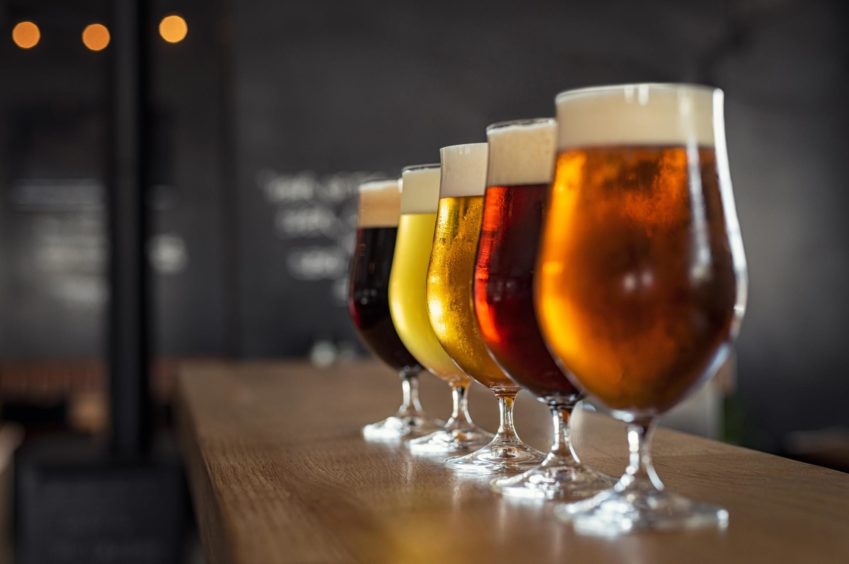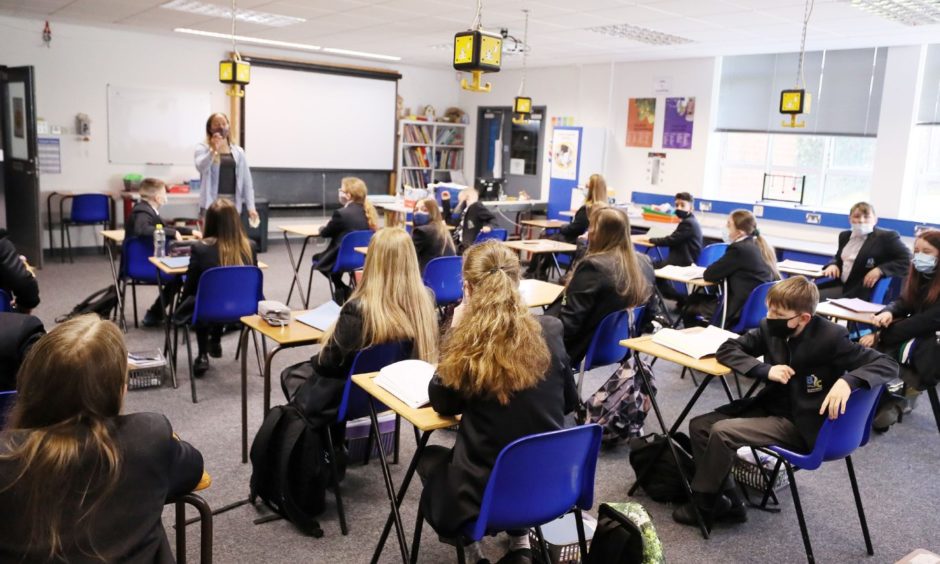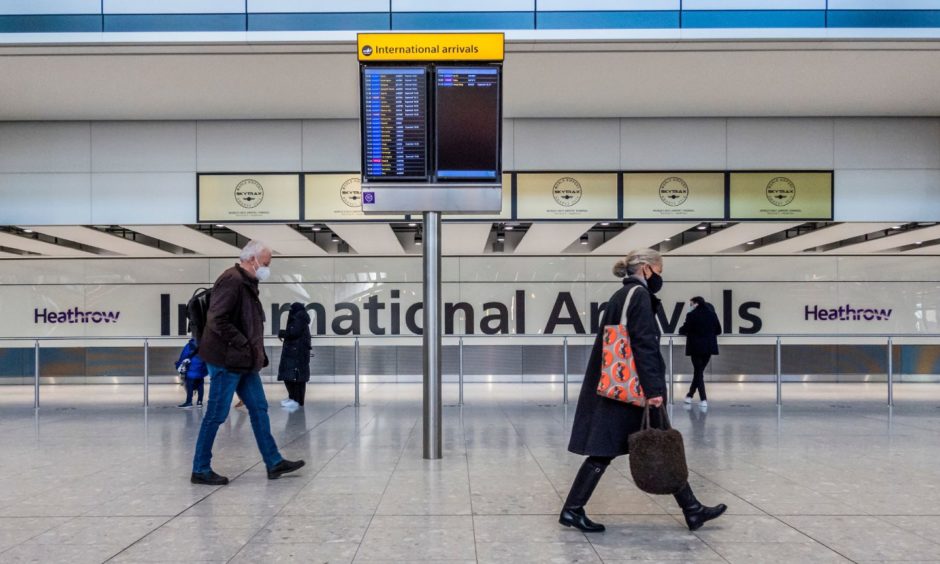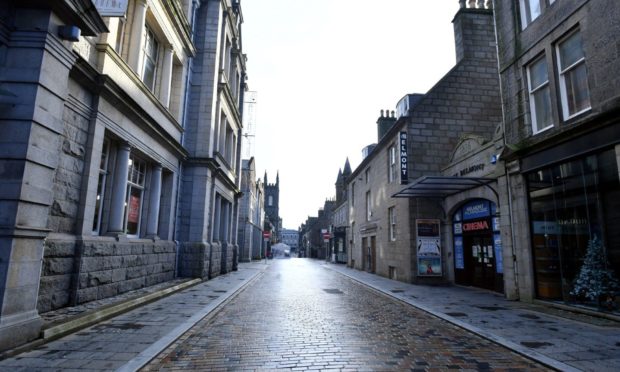An NHS Grampian health chief said Scotland is in a “good place to start easing” as planned.
The changes include the reopening of non-essential retail, and gyms and indoor sporting facilities – including swimming pools – for individual exercise.
Speaking on BBC’s Good Morning Scotland, head of intelligence at NHS Grampian Jillian Evans called it a “watershed day”.
She added: “On the basis of the trends, things are looking positive. So, case numbers low – under 50 – and they have been per 100,000.
“And they have been for some time now.
“Every board in Scotland is under 50, that’s a good sign. The number of deaths, or the rate of deaths, are below one per 100,000 and have been for some time.”
She also said that the test positivity rate is “low and falling”.
“On the basis of trends, and the WHO tests that we look at, then things are looking positive.
“Adding to that, the progress of the vaccination programme and having the JCVI groups all vaccinated now, between one and nine vaccinated, and progress towards the second dose.
“We’re in a good position to cautiously easing as planned.”
Changes in hospitality rules
As of Friday, indoor hospitality will resume – however, no alcohol is permitted at this stage with a curfew of 8pm. Instead, alcohol can only be served in outdoor settings until 10pm.
Groups of up to six people from six households will be able to meet.
It is understood the updated hospitality guidance mentions there should be a 1m distance between people as the same table, whereas previously the 1m distance applied to every table at an establishment.

The health chief said: “We know that outdoors is the safest place to be and, of course, sometimes the rules don’t make sense to people.
“There are lots of questions about the details and how quickly and liable the rules are to change. That’s frustrating for people.
“At the heart of it, the spirit in which it is intended here, is to keep people a distance apart and safely together.
“It’s all about risk management, really. There’s no perfect way to apply this. It’s about keeping interactions down as low as you can, while still allowing some freedoms.
“We’ll have three weeks before we even start to see greater ones.
“So, I’m hoping that the best we can do is try and work within the spirit of the guidance, subject to the detail which will follow later on today.”
She added she heard concerns from hospitality owners on how “easy it would be to implement” this rule change, since running a business “indoors is trickier to manage”.
“The rules haven’t changed significantly, that’s important to know. There always was the 1m distance,” she said.
Return to schools
This week, all face-to-face learning in classrooms has resumed across Scotland, with the exception of those shielding.
Dr Evans was asked if this change could pose a danger to the low numbers of transmission the country has registered.

Dr Evans added: “Schools will inevitably mean a rise in cases. The main thing is to bring them back into control and stop the transmission happening back through your families and your communities.
“And we can do that well when infection rates are low and identify people every specifically. With cautious and gradual easing, it can be done.”
She also mentioned a rise in cases would be “inevitable” through the summer but said it would be up to people to “do their very best” to keep with the guidelines.
As for the reason for the figures, she credited lockdown as having had the “biggest effect” on the daily cases, and due to people complying “very well with restrictions” which resulted in the “significant decline” from January.
“Now, it’s about keeping those numbers low while we progress with the vaccination programme,” she added.
On international travel
Dr Evans said the “biggest lesson” the country could learn from last year is keeping as much as we can within the borders of the UK, “at the expense of our holidays abroad”.

She added: “Without a doubt, what we saw during the summer last year were people travelling for non-essential reasons. And the import of new cases and new variants as a result of it.
“So, I hope we don’t start opening up international travel too soon.”
Dr Evans emphasised the biggest risk of overseas travel is people “travelling and mixing, being among different people in different countries” and as a result, people contracting the virus.
